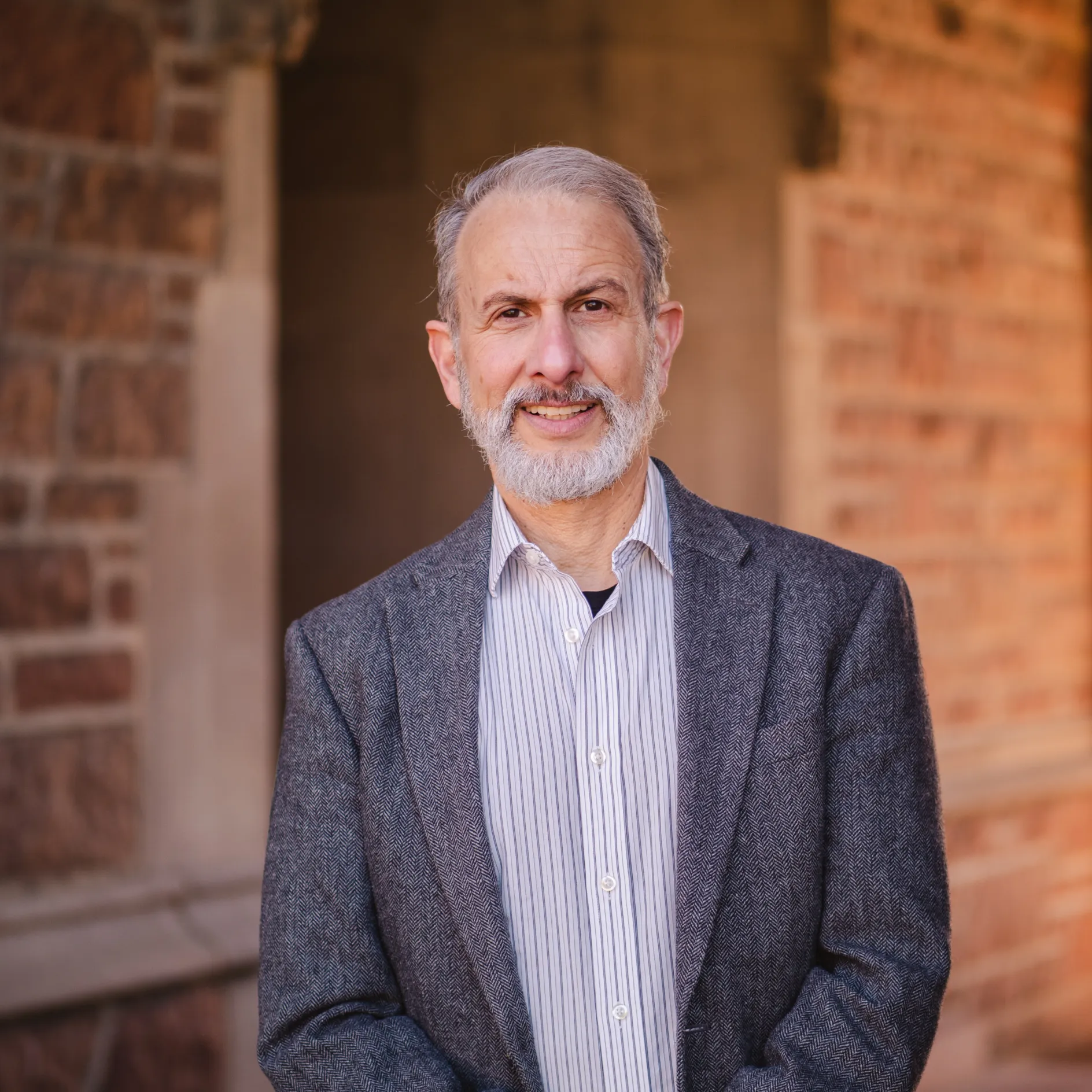Professor Cannon is an attorney with over 40 years of legal practice experience as: Executive Vice Chancellor & General Counsel at Washington University; partner in a national law firm; and federal prosecutor of government corruption cases. He teaches an undergraduate course on U.S. legal process, analysis and values, and his research focuses on the intersection of behavioral economics and litigation decision-making.
Cannon graduated from Yale Law School in 1978 and Washington University (Economics) in 1973. He also received a B. Litt. in Politics from Oxford University which he attended on a Rhodes Scholarship awarded in 1973, during his senior year at Washington University.
Until July 1, 2016 Michael Cannon served for over 23 years as Executive Vice Chancellor & General Counsel at Washington University in St. Louis where he, and the 13 other attorneys and associated professional staff comprising the Office of General Counsel (OGC) that he directed, were responsible for providing legal representation and counsel to all academic and administrative components of the University, including the School of Medicine and its faculty practice plan. He also served as a member of the University’s executive management team advising the Chancellor on significant administrative, budgetary and programmatic matters affecting the University.
Before assuming his position at Washington University in 1993, Cannon was a partner in the Washington, DC law firm of Wiley, Rein & Fielding with a general commercial law counseling and litigation practice and a particular emphasis on insurance contract litigation, counseling and negotiation. Prior to his career in private practice, Cannon served as a federal prosecutor of public official corruption cases with the Department of Justice, Criminal Division, Public Integrity Section.
Upon stepping down from his Executive Vice Chancellor & General Counsel role, Mr. Cannon’s focus shifted to his first love: teaching. For 10 of the years he served the University in his executive capacity, Cannon somehow also found time to teach a course on Insurance Law at the Washington University School of Law. He currently teaches a 300-level course on Legal Conflict in Modern American Society that examines what Americans litigate about, why and how they do so, and what those conflicts have to say about the underlying values and anxieties that, in ways that he posits are distinctive to the United States, citizens bring to the courts for affirmation and relief. He also mentors candidates for highly competitive post-graduate scholarships and fellowships, e.g., Rhodes, Marshall and Gates-Cambridge Scholarships.
The field of “behavioral economics” blends experimental findings from psychology, microeconomic choice, finance, consumer choice and neuroscience to generate more advanced understandings of economic and other decisions taken by individuals and organizations. The field has in recent years produced multiple Nobel Prize winners and major innovations or discoveries in the domains of finance, marketing, public policy, health care, and judicial decision-making, to name a few. The point of departure for Cannon’s research is the fact that insurance company liability claims management personnel direct the defense and settlement of the vast majority of personal injury and property damage liability lawsuits nationally, yet there has been almost no formal investigation of settlement vs trial decision-making by claims management professionals in the cases they manage. Cannon’s current project examines the extent to which liability claims management professionals are vulnerable in their claim litigation/settlement decision-making to some of the most extensively documented, systematic cognitive biases found in many other fields of economic choice (including the work of federal, state and administrative judges): “framing effects” and “anchoring effects.”
